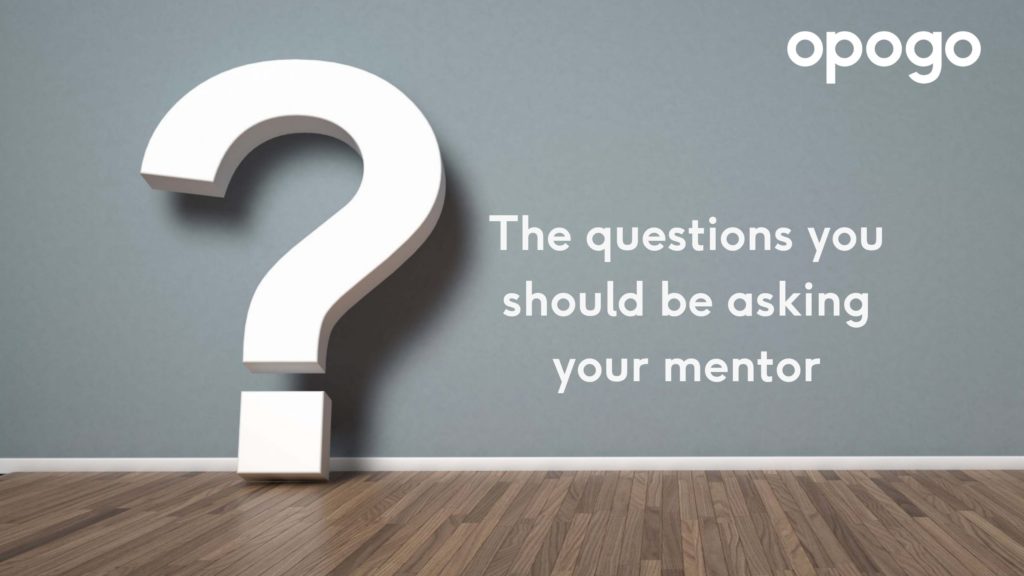The questions you should be asking your mentor

‘No man is an island.’ If you want to be successful at anything you must practice, and you have to accept guidance and support along the way.
No matter where you are in your professional journey, having a mentor (in an official capacity or otherwise) is hugely important to achieving your goals and ambitions.
Sometimes that will include them telling you things you don’t want to hear. Being able to take constructive criticism is an important life skill. Unfortunately, a lot of people resist or actively avoid it, thanks to the ego.

When we hear someone say ‘you’re doing this wrong’ what we actually hear and internalise is ‘you’re wrong!’. It can then become natural to take every criticism personally, but in doing so we shut ourselves off from growth to maintain our idea of ourselves.
When we’re thinking about the questions you should be asking your mentor, there are only two questions:
1. What are my weaknesses?
2. What can I do to improve them?
Now, these questions can be asked in various ways, but the outcomes will ultimately be what do you need to get better at and how are you going to do it?
And what’s the hardest part of this process? Hearing the answers to these questions! We need to have an open mind, acknowledge that we don’t know everything and accept the help that is available to us.

A traditional professional mindset is that you must be able to do everything well in your job and that asking for help is frowned upon or somehow shows that you are not capable. That attitude may still be lurking in various professional corners but has no place in the belief system of someone who wants to continually learn and develop.
The right mentor can guide and inspire you, along with shining a light on areas of weakness that you can improve upon to clear a path to what you want to do or be.
When I think of any area of my life where I have enjoyed growth or success, it has usually been borne out of hearing or experiencing some ‘hard truths’ first. And while they may not have been particularly pleasant experiences at the time, they were the catalysts for great improvements in my life.
So, provided you have the right mentor, with whom you can have authentic conversations with (and who also can keep their ego in check!), be bold in asking for the criticism you need to get better at what you do.








Responses